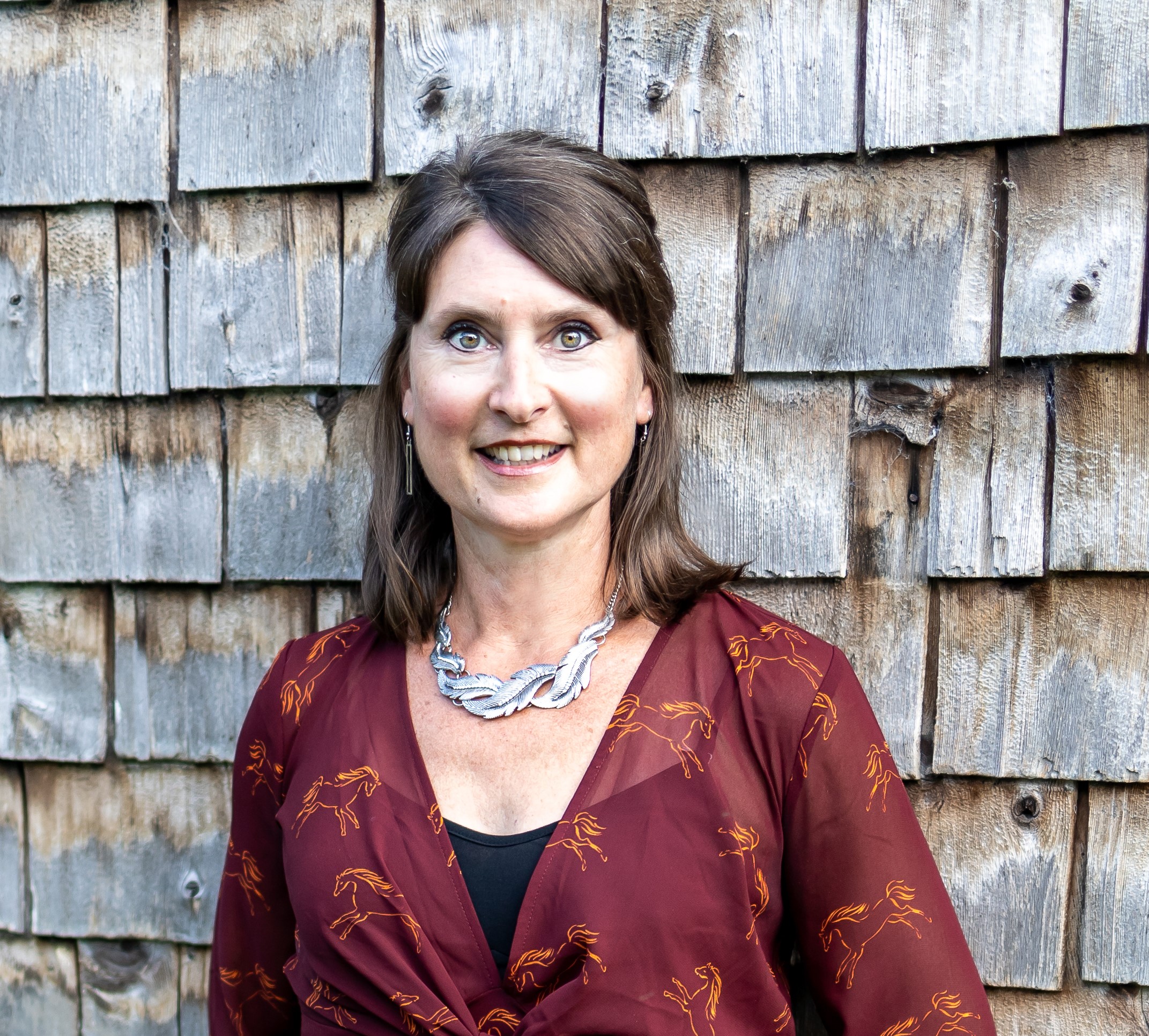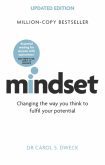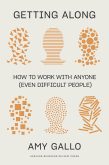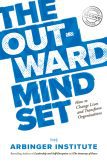The Subtle Art of Not Giving a … A Counterintuitive Approach to Living a Good Life
By Mark Manson
Let’s start with a warning to would-be readers of this book: if you’re offended by f-bombs and a few other swear-y words, you’ll want to give it a miss. But if you choose to read The Subtle Art of Not Giving a F*ck, you’ll benefit from a brutally honest and entertaining perspective on what should matter in life and how to handle adversity and failure.
Remember this too. Although the title may put some readers off, the book itself has become a huge New York Times bestseller.
Read Also
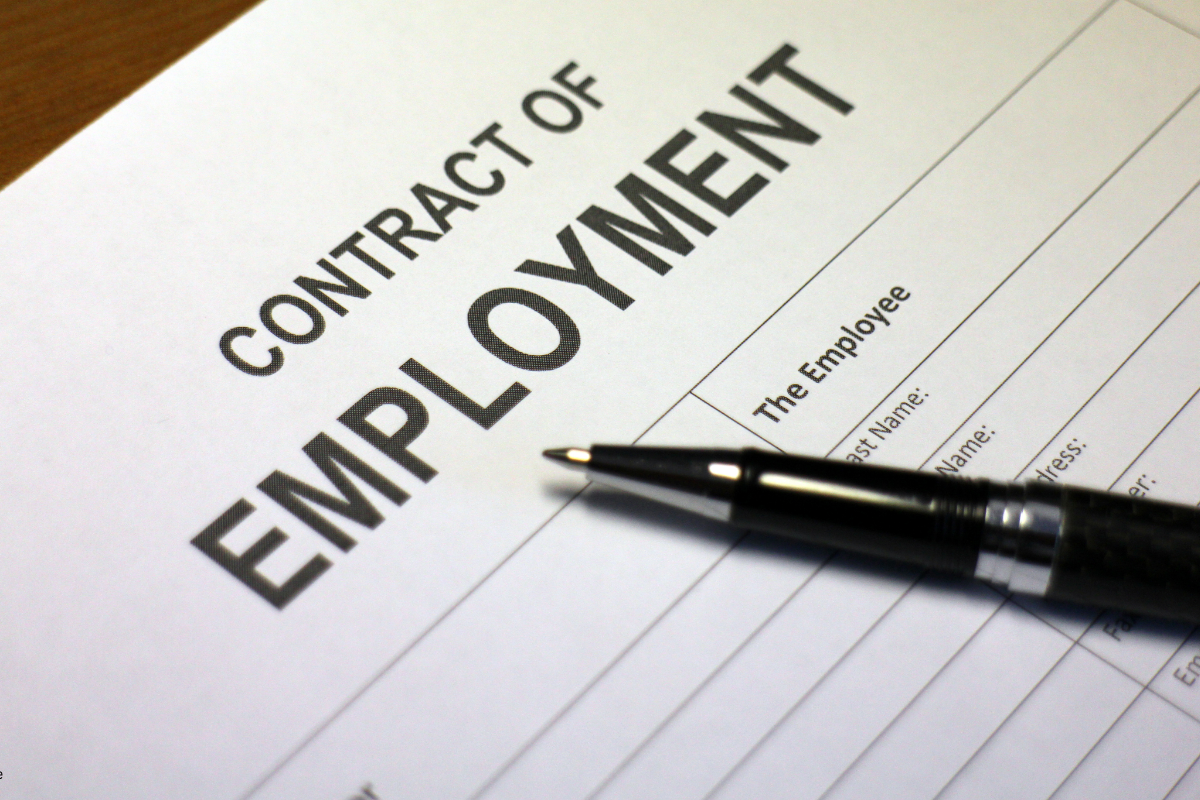
Employment Agreements Can Help Protect Your Farm
Entering into employment agreements with each of your farm employees should be at the top of every farm’s “to do” list, but caution must be exercised.
Its overarching idea is that we care too much about what we don’t have. We think too much about our shortcomings. Instead, says writer Mark Manson, the key to a good life “is not giving a bleep about more; it’s about giving a bleep about less … about only what is true and immediate and important.”
Manson says that most of us struggle with feelings of inadequacy and FOMO (fear of missing out) because we spend too much time giving a fig (he uses another word, wink-wink) where figs do not deserve to be given.
Manson suggests instead that we learn the subtle art of not caring as much, “learning how to focus and prioritize your thoughts effectively … to pick and choose what matters to you and what doesn’t matter to you based on finely honed personal values.”
“Problems never stop,” Manson says. “They merely get exchanged and/or upgraded.”
This is what makes happiness a never-ending work in progress. But there’s an upside, because although at first blush it could seem like we’re stuck in a perpetually exhausting downer, we do get to choose our struggle.
“What pain do you want in your life?” Manson asks. Or, let’s say it in a way that is more like the way we think on the farm. What are you willing to struggle and suffer for; for what purpose and based on what values?
“Our values determine the nature of our problems, and the nature of our problems determines the quality of our lives,” he says. “Everything we think and feel about a situation ultimately comes back to how valuable we perceive it to be.”
Basically, Manson says that by choosing better things to care about you get better problems. And when you get better problems, you get a better life.
Choosing our problems feels less painful because the act of choice is empowering; we feel like we chose it, so we feel that we are responsible for it.
Manson says that the only difference between a powerful or a painful problem is that the former is inside your control while the latter was thrust upon you and subsequently you feel that it’s outside of your control. And therein lies an important lesson for when we’re facing adversity or failure: “We don’t always control what happens to us,” says Manson. “But we always control how we interpret what happens to us, as well as how to respond.”
Manson notes that a lot of people don’t take responsibility for their problems because they think that being responsible is the same as being at fault for your problems.
However, “fault is past tense,” Manson writes. “Responsibility is present tense. Fault results from choices that have already been made. Responsibility results from the choices you’re currently making, every second of every day.”
We also have to see that we have to risk sometimes being in the wrong in order for “any real change or growth to take place,” says Manson. Opportunities to learn and grow — professionally or personally — come from the space where the unknowns live. And the more you get comfortable with uncertainty and not knowing, the more open to discovering and reorganizing current values and dumping outdated ones you’ll be.
What is the risk to being wrong? What would it mean if you were wrong? Manson says we should ask, “Would being wrong create a better or a worse problem than my current problem, for both myself and others?”
Similarly, the sum of all failures is incremental improvement. But many of us avoid failure because the outcome is uncertain. Instead, we stick to what we’re good at. But, as Manson points out, “this stifles and confines us. We can be truly successful only at something we’re willing to fail at. If we’re unwilling to fail, then we’re unwilling to succeed.”
Manson says this fear of failure comes back to the values you choose. If your values are externally based, you’ll measure your success against things outside of your control; however, choosing process-oriented, internal values offers immediate control and “engages you with the world as it is rather than how you wish it were.”
As the title suggests, this book is an irreverent and seemingly unreasonable approach to life. It focuses on “not how to gain or achieve, but how to lose and let go.”
“You are already choosing, in every moment in every day, what to give a bleep about,” Manson says.
It’s the kind of lesson farmers can embrace. We just have to get more intentional about it.

